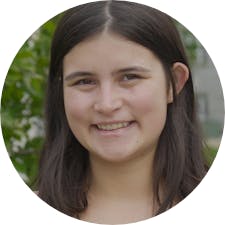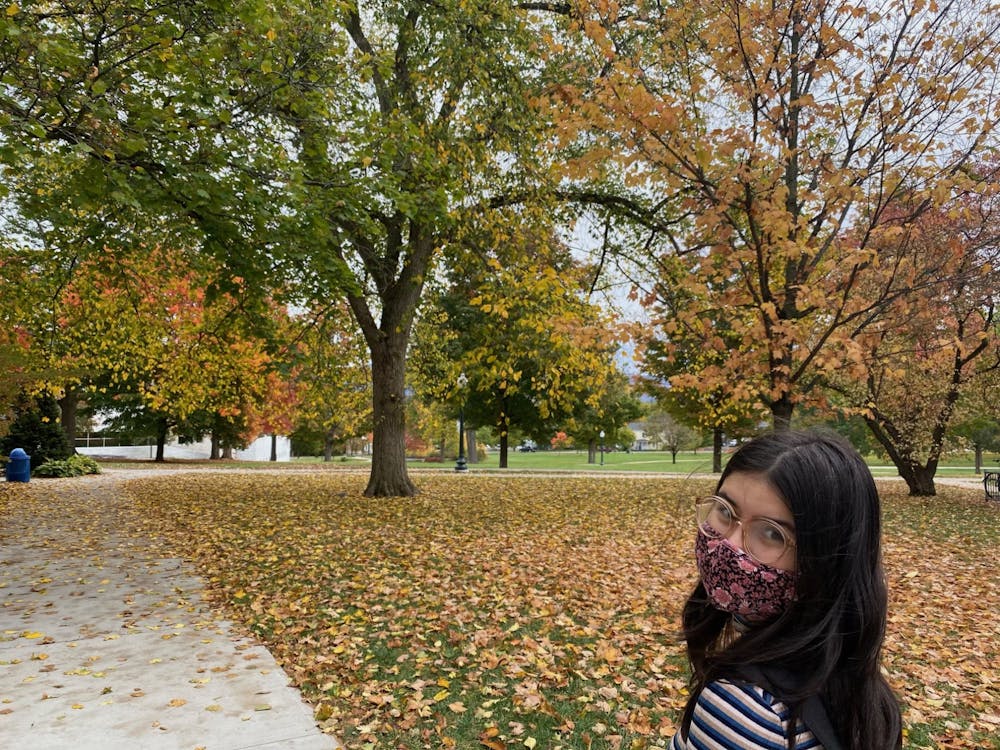College promotes the rigidity of the circle of life as well as any nature documentary.
Each semester brings in a new crop of eager-eyed first years, pushing the seniors out into “the real world.” Living in Forest Hall as a senior gives me an intimate window into my own obsolescence. At one end of the hall lurk the silent underclassmen while at the other end of the hall Baby Febs splay out into the hallway and make their first friends.
Since junior year, I’ve dreaded graduation. At first, vaguely, and then as the threat grew closer, with material urgency. In my family I’ve banned the use of the “g” word — graduation — and this past fall I wrote an op-ed outlining my existential anxieties. Yet, in the first days of my final semester, I’ve found myself feeling ready, if still deeply grieved, to leave Middlebury.
As much as my friends and I liked to joke (especially while standing waiting in line for Bar Night) about the super-senior Febs overstaying their welcome, their presence on campus provided me with a shield. In my classes and at parties, our senior class was still not the oldest grade on campus. Now that they are gone, the faces in the dining hall, around my seminar tables and wandering the club fair seem impossibly young. While I know it’s rich for a twenty-two-year-old (even if just last week I was asked by a flight attendant if I was old enough to sit in the emergency row) to complain about feeling old, age is always relative. In just a few months, I will feel as young as I ever have, but for the next three months I will be deeply old.
In the American consciousness, college has come to be associated with one of our most potent myths: the best years of your life. Before entering college, adults of all ages used the opportunity to congratulate me on entering the most magical years of my life — the implication, of course, being that the magic came with a running clock. In other words, better enjoy the best years of your life before they’re fast behind you.
I have loved college. During my time at Middlebury, I have learned from professors and peers that electrified me, fallen in love with nature, become a more independent and confident young woman, found community and formed deep friendships. Those very friendships are what make it hardest to say goodbye.
Though I will miss my hours cloistered in the English department, I am excited to push my passions further, to commit myself to a life as a writer, even if that doesn’t look at first the way I might imagine. As much as I still love the stirrings of “Like A Prayer” and sticky Atwater floors, it’s time for me to retire from parties sequestered in the same groups of people where I end the night by beating myself up for going home alone.
In three months, my life will be a lot messier and if that messiness frightens me, it also thrills me. Thanks to all I learned in the Green Mountains, my ambitions and my dreams have now grown beyond what Middlebury is capable of giving me. By design, college’s promise of intellectual growth reaches a ceiling. I am most excited to graduate because, like most Middlebury students, I remain a voracious learner, and I believe that only by leaving Middlebury can I push that learning to its next step.
The lessons I learned at Middlebury will remain in the books I read and the ideas that lit up my brain’s synapses, but the other great gift of my college career will be left on the campus green: my community.
It’s easy for me to envy the baby Febs on my hallway just a little. They will never know the isolation of entering college with a 48 hour room quarantine, occupancy limits, the long winter walks to the Covid-19 testing center (otherwise known as the athletics center), socially distanced dining halls or how difficult it was to make friends behind a mask. Among all of this, perhaps the only bright side of entering college during the pandemic’s peak is that I have never taken the integrality of human connection for granted.
Many of us chose Middlebury because of its promise of a “residential community.” One of my friends likens it to a medieval commune where everyone’s private business is designated to a public forum. At times Middlebury’s residential community feels deeply claustrophobic, but, more often, it is a reminder of why I proselytize the virtues of a Middlebury education.
America is a lonely country, and only getting lonelier still. Just this past spring, the Surgeon General issued a report on the loneliness and isolation epidemic confronting the nation. You’ve probably at least glanced at the cottage industry of articles dedicated to exhorting the difficulties of forming friendships in adulthood.
With the specter of American adulthood loneliness hanging over me, I find myself with a new appreciation for the small totems of our community: exchanging smiles in line at Proctor Dining Hall, listening to my peers’ opinions on modernism or just the act of studying when so many other students are mere feet away immersed in their own academic industry.
The onset of adolescence challenges us to differentiate ourselves. But, as Middlebury students, we are far more similar than the pretensions that divide us.
Last Friday was the celebration of my class’s remaining 100 days, a number that fills me with vast dread. Held in Wilson Hall, the event began in a jostling, free-for-all where seniors used any elbow or other advantage to heap food on their plates. It was also one of the few moments the majority of the class of 2024 (and 24.5) shared the same roof. For a class with a virtual convocation, the sweat from the collective body heat seems almost a miracle.
As my final 100 days continue to wind down, I resolved to try and not torture myself with impossible bucket lists. There’s no way to accomplish everything, and in the yawning gap between what we aimed to do and our smaller reality, there is a strange beauty. Instead, I commit myself to practice gratitude for this ephemeral community that will never again exist.

Sarah Miller '24 (she/her) is an Editor at Large.
She previously served as Opinions Editor and Staff Writer. Miller is an English major on the Creative Writing track. She hails from Philadelphia and spent the spring studying English at Trinity College Dublin. She has interned for The New England Review and hosts a WRMC radio show where you can still listen to her many opinions.


![Copy of Editorial [Susanna] (3) (1) (2) (1).JPG](https://snworksceo.imgix.net/mbc/11c1e285-1b2c-4ee9-9d20-4a2f24335290.sized-1000x1000.JPG?w=1500&ar=16%3A9&fit=crop&crop=faces&facepad=3&auto=format)

